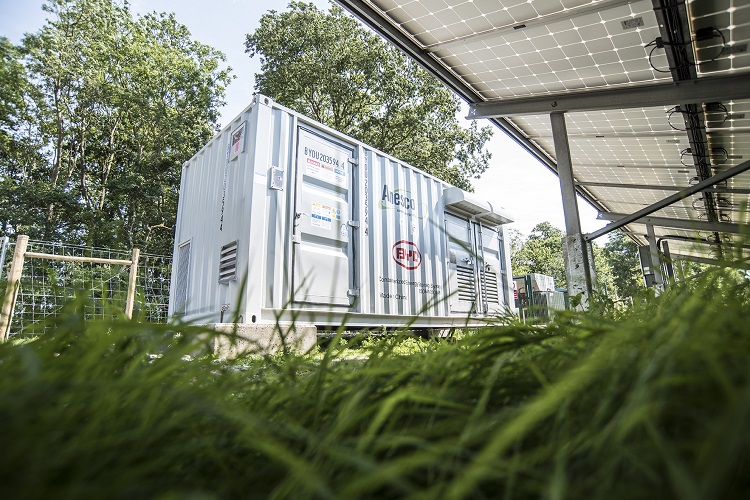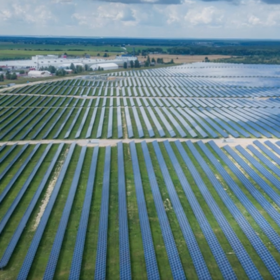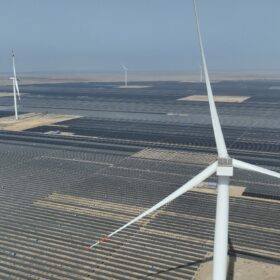No funds were spent under the government’s viability gap funding (VGF) scheme for battery energy storage systems (BESS) during 2024-25, as none of the BESS projects reached financial closure, minister of state in the ministry of power, Shripad Naik, informed the parliament recently.
The union cabinet approved the VGF Scheme for BESS on Sept. 6, 2023 to support the development of BESS. As per the Scheme, VGF support will be provided for BESS approved during 2023-26. The fund disbursement will occur in five tranches: 10% upon financial closure of the project, 45% upon achieving the commercial operation, and 15% per year over the next three years from the commercial operation date. Under the scheme, BESS projects are awarded based on tariff-based competitive bidding (TBCB) guidelines issued by the Ministry of Power.
With the decline in battery prices, the BESS capacity to be supported with the scheme has been increased from 4000 MWh to 13,200 MWh without any increase in the approved budgetary allocation of INR 3,760 crore.
A budgetary provision of INR 96 crore was made for 1000 MWh BESS in 2024-25, assuming 10% disbursement upon financial closure. However, with falling BESS costs, the VGF amount reduced from INR 96 lakh per MWh (estimated in 2023-24) to INR 46 lakh per MWh or 30% of the capital cost, whichever is lower. As a result, the budgetary allocation was revised from INR 96 crore to INR 46 crore.
Central Electricity Authority (CEA) is responsible for monitoring the scheme, while the Ministry of Power oversees the scheme to ensure timely completion and efficient fund utilisation.
The National Electricity Plan 2023 estimates that 236 GWh BESS would be required by 2031-32 to address the challenges of intermittency and also reduce the renewable energy (RE) curtailments with increasing integration of renewable energy in the power mix. The VGF-supported BESS projects will support integration of renewable energy and help minimize costs during peak demand periods in non-solar hours.
This content is protected by copyright and may not be reused. If you want to cooperate with us and would like to reuse some of our content, please contact: editors@pv-magazine.com.









By submitting this form you agree to pv magazine using your data for the purposes of publishing your comment.
Your personal data will only be disclosed or otherwise transmitted to third parties for the purposes of spam filtering or if this is necessary for technical maintenance of the website. Any other transfer to third parties will not take place unless this is justified on the basis of applicable data protection regulations or if pv magazine is legally obliged to do so.
You may revoke this consent at any time with effect for the future, in which case your personal data will be deleted immediately. Otherwise, your data will be deleted if pv magazine has processed your request or the purpose of data storage is fulfilled.
Further information on data privacy can be found in our Data Protection Policy.